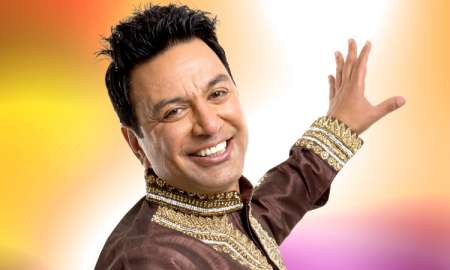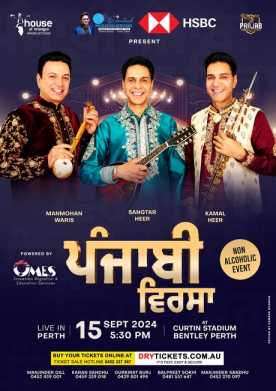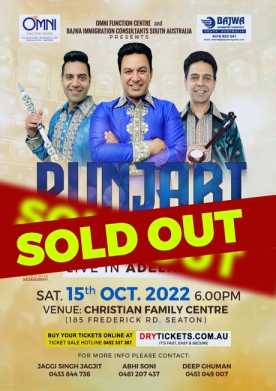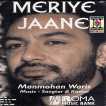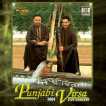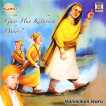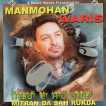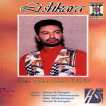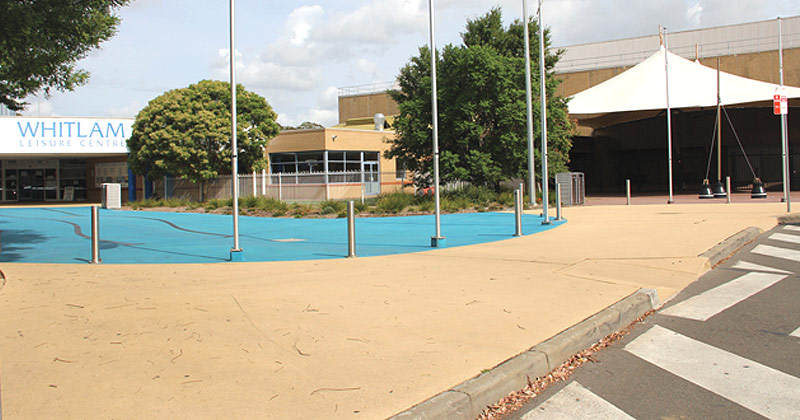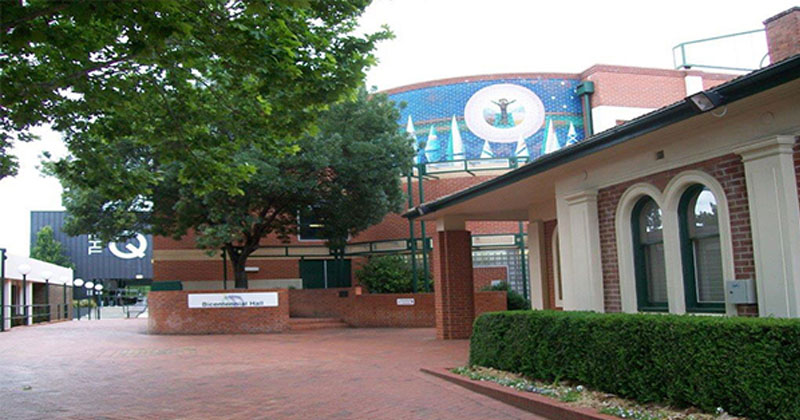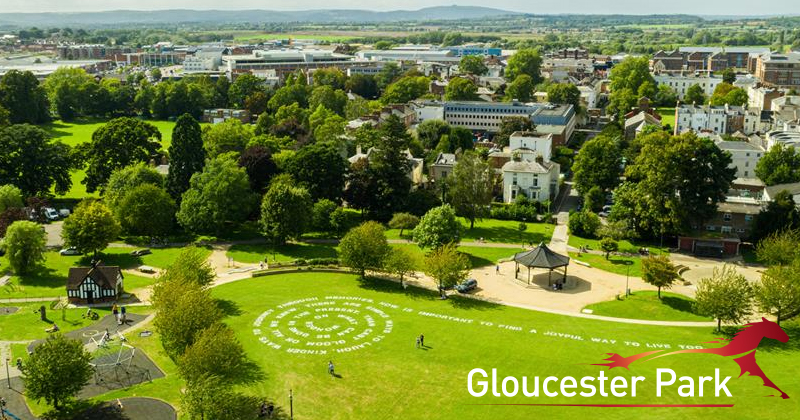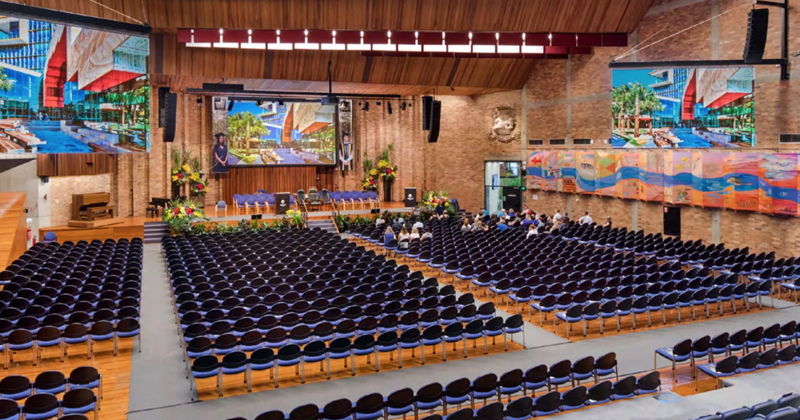Manmohan Waris is one of the top Punjabi singers in the world. He has been around for almost 18 years now. Since he released his first album “Gairan Naal Peenghan Jhootdeye’ in 1993, he has never looked back. Punjabis around the world love him and he feels the pressure of not letting them down. His humbleness and sincerity has won many hearts. His voice is considered one of the sweetest around and his songs attest to his passion for clean and literary lyrics.
So far Waris has released the following albums:
- Gairan Naal Peenghan Jhootdeye
- Sohnian De Laaray
- Husdi De Ful Kirde
- Sajjre Challe Muklavay
- Gali Gali Vich Hokay
- Chardi Kala ch Panth Khalsa
- Mitran Da Sah Rukda
- Husn Da Jadu
- Gajray Gori De
- Dil Vatte Dil
- Ghar Hun Kitni ku Doore
- Nachiye Majajne
- Dil Nachda
- Tasvir
- Punjabi Reloaded
- Dil Te Na Laeen
Concerts and tours - Concerts and tours:
- Shaunki Mela 2003
- Punjabi Virsa 2004 (Toronto – Wonderland)
- Punjabi Virsa 2005 (London – Wembley)
- Punjabi Virsa 2006 (Toronto – Hershey Centre)
- Punjabi Virsa 2007 (Europe)
- Punjabi Virsa 2008 (Vancouver – Orpheum)
- Punjabi Virsa 2009 (Australia and New Zealand)
- Punjabi Virsa 2010 (UK Tour)
He was born into a farming family in the Village of Halluwal, Punjab. He had a great interest in music since an early age. He started his formal music training at the age of 11. Everything he learned from his music teachers, he taught his younger brothers (Sangtar and Kamal Heer). So all three brothers got seriously involved in music at a very early age. He got his music degree from Punjab University. But the most influential music Guru he had was Shree Jaswant Singh Bhanwra. Unlike many other Punjabi singers who also learned music from Shree Jaswant Singh Bhnawra, the Guru did not teach him so called “Lok-Gaayiki”, he insisted on teaching him the classical music he knew himself. He saw a great singer in Manmohan and he wanted him to shine.
In 1990, Manmohan Waris’s family moved to Canada. Here he made his first album ‘Gairan Naal Peenghan Jhootdeye.’ The album was a great success and when Waris returned to Punjab, Punjabi’s everywhere just couldn’t get enough of him. He decided to move back to India. His career has never seen a foggy day since that time. In his opinion “keeping your name on the top is not an easy thing, you have to work hard to get here, and you have to work harder to stay here”.
Manmohan got married in 1996 and in 1997 he and his wife Pritpal had their first baby. It was a boy and they named him ‘Amar’ after the great Punjabi Dhadi singer ‘Amar Singh Shaunki. Manmohan’s in-laws are also from the same village as the late Dhadi. Waris has re-recorded a few of Dhadi Amar Singh Shaunki’s evergreen songs as a tribute to him. These songs are:
- Do Tara Vajda Ve (1993)
- Aja Bhabi Jhoot Le (2000)
- Ghar Hun Kitni Ku Doore (2003)
Manmohan’s religious release, named “Ghar Hun Kitni Ku Doore…” contains 8 very touching and thoughtful songs. The title song of this album, that gives us a peak into the psyche of the young Sahibzadas minds after they got separated from the family, brings tears into eyes. Another song form this album ‘Dukh Vichhade Nankane da’ is a passive challenge to the active Sikh community and reminds us of our lost treasures in the political games of history.
In 2001 Manmohan and his wife had their second child, a girl named ‘Saiya’. Manmohan spends most of the year in Punjab and he tours the west in the summer. Manmohan’s songs are evergreen songs. People remember his earliest work same way as they do his latest. Manmohan’s latest Punjabi Album is titled “Dil Te Na Laeen”. The album is on Plasma Records and got a great response from Punjabis everywhere. The title song “Mehssos Ho Riha E” is a milestone on the future path of Punjabi music. Success of ‘Punjabi Virsa’ Waris live concert series proves that there is still room for literary and meaningful poetry in the fast paced, single based commercial Punjabi music world. Waris has always worked hard to put his efforts where his heart is. He is always eager to point out any social issue that bothers him. He has never sang a song to gain mere a commercial success. But this is not his greatness, his greatness is that he doesn’t do it to serve his language or his native land, he just does it because he is that kind of person and it is his nature. We hope that Waris will continue to give us thoughtful and yet entertaining music for many years to come!
